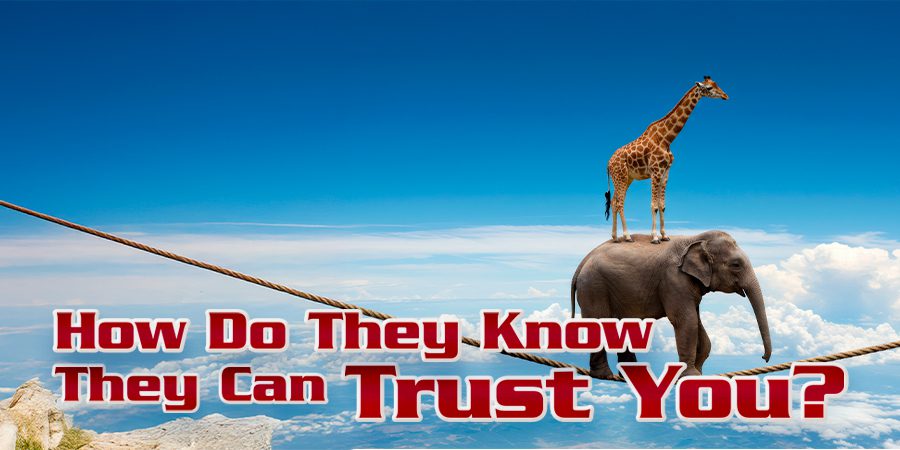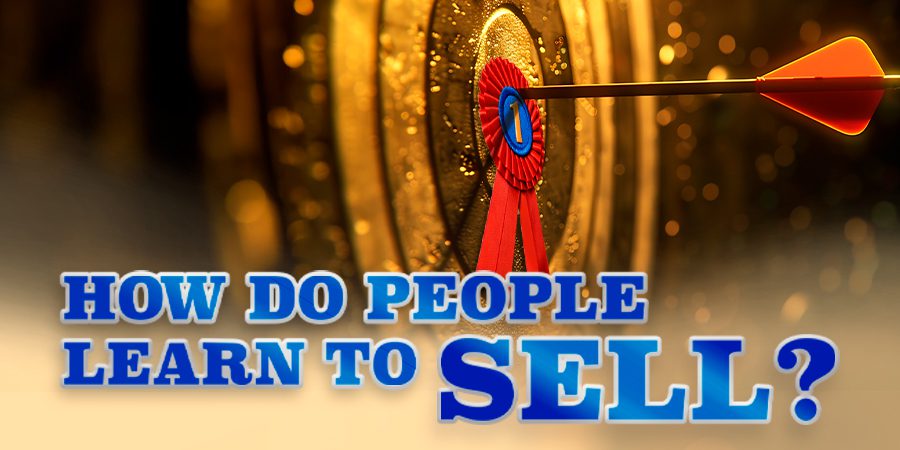Remember when you’d just started on your career path? Do you recall the excitement… the fears and doubts… the dreams?
Every person who’s successful today was once a kid with all kinds of limitations. They had wrong ideas and attitudes, missing skills, and even habit patterns that would have stopped them from succeeding. But, somewhere along the way, they decided to change for the better.
Something or someone inspired them to choose a better path, rethink some old conclusions, or replace bad habits: a mentor.
WHO WAS YOUR MENTOR?
For me it was Douglas Macdonald. Well, he was one of many, but his impact on me has made a powerful difference. I was a young sales trainer working in the life insurance industry and Doug took me under his wing. He had a long and successful life insurance career, and I was, fortunately, his protégé for a while.
Doug told me, “Jim, in your first five years in this business, you’ll be underpaid for how hard you work. But, if you do things right, for the rest of your career you’ll be overpaid. Here’s how that works: In the first five years of any profession you’re still learning and developing the habits that’ll serve you or limit you later on.
“You’re forming attitudes that’ll either attract others to you or repel them. In short, you’re becoming the person who’ll grow your career. If you do it right, then you’ll find your career to be highly rewarding and not very hard. If not, then you’ll have a hard career that’s less rewarding. It’s up to you.”
What I learned from Doug was that I was often dead wrong about some things. Though I had the confidence and bravado of a twenty-something, I didn’t have the experience or wisdom to know whether I was right or not. I didn’t have… perspective. If you’d met me back then you might not have bet much on my potential for success. The same is true for others we meet day to day.
When a new guy or gal comes into the shop for the first time, we meet only the person they are today; not the person they could become. It takes wisdom and insight to look beyond their naïve, inexperienced state to see the potential in them. Everyone we work with or admire was once one of these young rookies. What changes them? They do of course, but not before they meet someone who believes in them enough to give them the benefit of the doubt and to encourage them when they don’t even seem like a good candidate.
Did you choose transmission work right out of school, or did you stumble into it indirectly? In my experience, most of the folks in this field came into it sideways. They were expecting another career path and something opened up that led them down this one. That ‘something’ could be you or me.
Take a moment and make a list of the folks on your business team. Just write all of their names on a piece of paper. List the new ones, the part-timers, and the veterans… technicians, helpers, and office folks. Now look over the list and notice which ones you think have great potential.
Also notice the others and make a note as to what you think is holding them back. Is it their attitude, lack of experience, or willingness to listen and learn? Their work ethic or their fundamental intellect? What do you think is limiting them?
What about you? Did anyone ever see you as having little or no potential? Who? Why do you think they thought that way about you? Were they right?
I recall Al Simensen as one of those guys in the late 1970s. He saw me as enthusiastic and eager to work but he thought I was “all hat and no cattle.” He didn’t think I had the wisdom necessary to advance much. So, since he was my boss’s boss, he didn’t approve me for advancement or recognition.
I wanted desperately to earn employee-of-the-month status so that my name would go on the chart in the lunchroom and I would be considered a permanent part of the company’s legacy. But despite my hard work, innovative ideas, and long hours of extra effort, others got the awards and I became dispirited. I lost the spark. After a couple years it seemed an exercise in futility, so I stopped putting in the extra push.
Luckily I got a great break: Joe Willard was the general agent for Massachusetts Mutual Life Insurance Company in Tulsa, Oklahoma, and he hired me to conduct some training for his agents. The training went well and Joe asked me to give Al my notice and move in with Mass Mutual.
I explained that I didn’t want a career in life insurance, and Joe said, “I know that you want to be a professional speaker and author. You have to office somewhere as you grow that business, so why not office with us and help me train my sales team?” I took the job even though it was understood to be temporary.
Joe assigned me to Doug Macdonald so that I could learn the Mass Mutual ways. That “gig” lasted for six years, during which I grew immensely from their mentorship, and Joe’s agency grew to the top of their industry. They earned the President’s Trophy twice in five years as one of the top out of 125 agencies.
Joe and I are still close friends and we both benefited from Doug having mentored me. Doug believed in me when I didn’t show him many reasons to do so. He also believed in Joe, although they occasionally disagreed on things. You don’t have to be someone’s greatest fan to inspire them: Just give them the benefit of the doubt when it comes to their potential for greatness.
You’ll notice that I left Al’s company and succeeded elsewhere. Why? It was because he was unwilling to look beyond his attitude toward me and seek the potential that could have been cultivated. Do your attitudes toward others sometimes hold you back? You’ll never know until you experiment with a different point of view.
You may just find that, in a future issue of GEARS, they’ll be writing about the powerful influence you had in their career. “He (or she) believed in me more than I believed in myself… and that made all the difference.”















